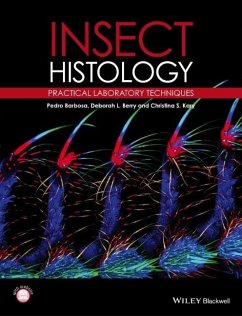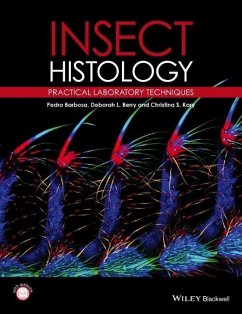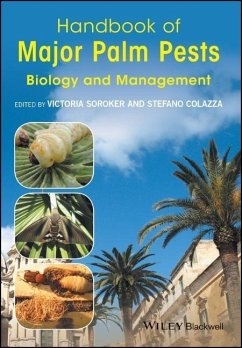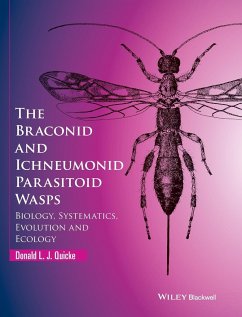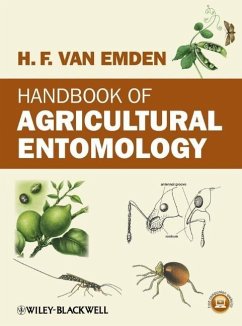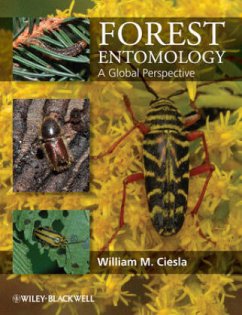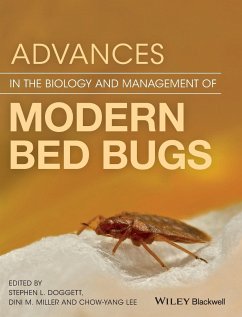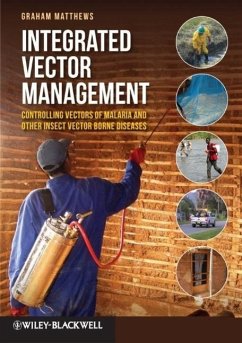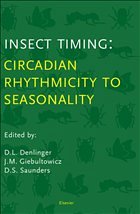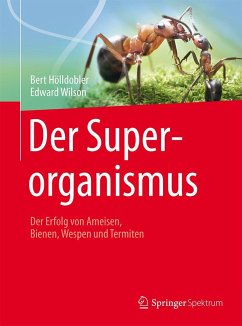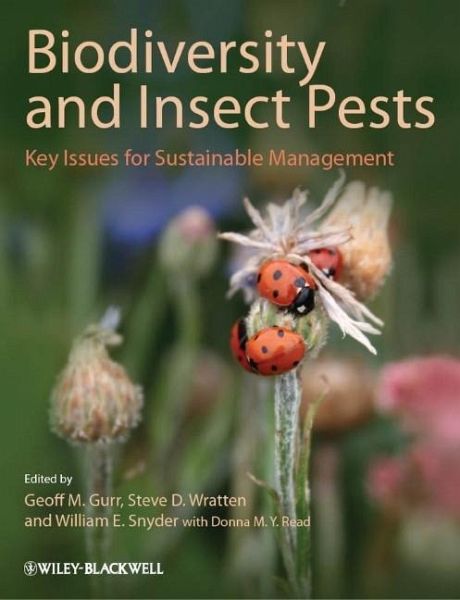
Biodiversity and Insect Pests
Key Issues for Sustainable Management
Herausgegeben von Gurr, Geoff M.; Wratten, Stephen D.; Snyder, William E.
Versandkostenfrei!
Versandfertig in 2-4 Wochen
132,99 €
inkl. MwSt.
Weitere Ausgaben:

PAYBACK Punkte
66 °P sammeln!
Biodiversity offers great potential for managing insect pests. It provides resistance genes and anti-insect compounds; a huge range of predatory and parasitic natural enemies of pests; and community ecology-level effects operating at the local and landscape scales to check pest build-up. This book brings together world leaders in theoretical, methodological and applied aspects to provide a comprehensive treatment of this fast-moving field.Chapter authors from Europe, Asia, Africa, Australasia and the Americas ensure a truly international scope. Topics range from scientific principles, innovati...
Biodiversity offers great potential for managing insect pests. It provides resistance genes and anti-insect compounds; a huge range of predatory and parasitic natural enemies of pests; and community ecology-level effects operating at the local and landscape scales to check pest build-up. This book brings together world leaders in theoretical, methodological and applied aspects to provide a comprehensive treatment of this fast-moving field.
Chapter authors from Europe, Asia, Africa, Australasia and the Americas ensure a truly international scope. Topics range from scientific principles, innovative research methods, ecological economics and effective communication to farmers, as well as case studies of successful use of biodiversity-based pest management some of which extend over millions of hectares or are enshrined as government policy.
Written to be accessible to advanced undergraduates whilst also stimulating the seasoned researcher, this work will help unlock the power of biodiversity to deliver sustainable insect pest management.
Visit www.wiley.com/go/gurr/biodiversity to access the artwork from the book.
Chapter authors from Europe, Asia, Africa, Australasia and the Americas ensure a truly international scope. Topics range from scientific principles, innovative research methods, ecological economics and effective communication to farmers, as well as case studies of successful use of biodiversity-based pest management some of which extend over millions of hectares or are enshrined as government policy.
Written to be accessible to advanced undergraduates whilst also stimulating the seasoned researcher, this work will help unlock the power of biodiversity to deliver sustainable insect pest management.
Visit www.wiley.com/go/gurr/biodiversity to access the artwork from the book.



